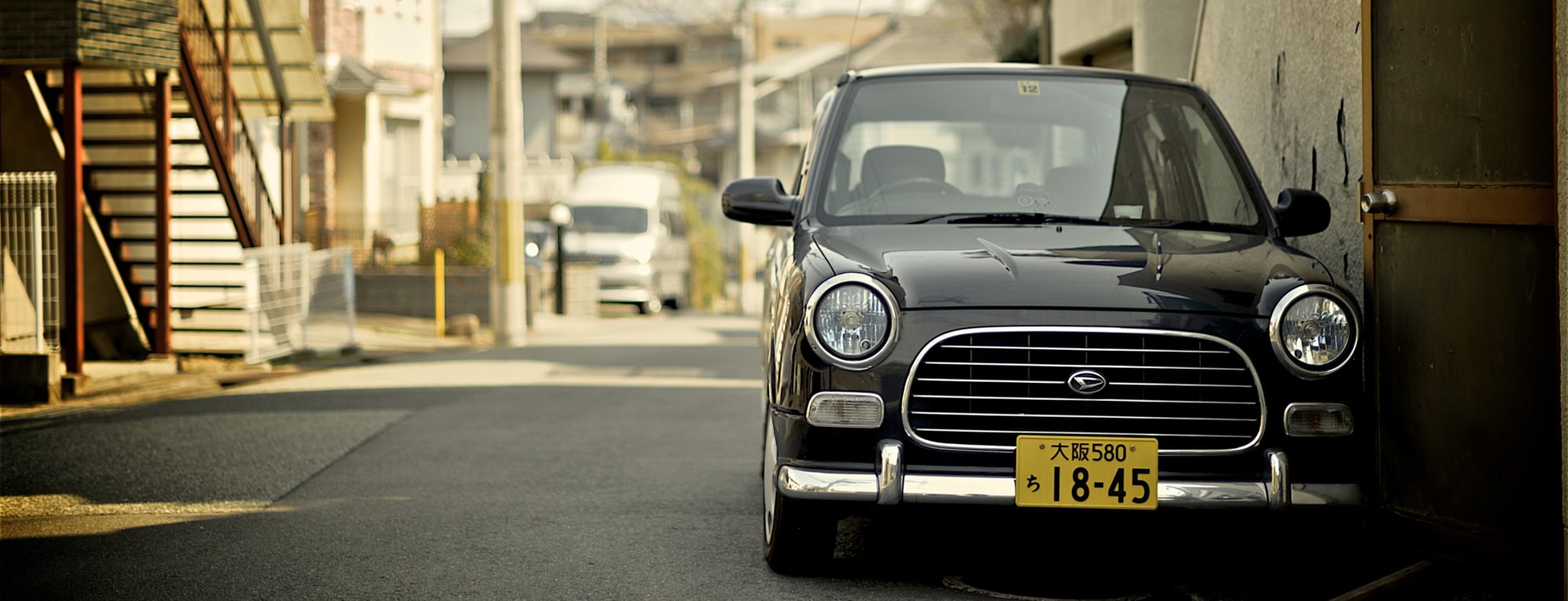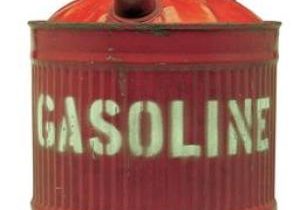As fuel prices continue to rise, we will have to dig deeper and deeper into our pockets to drive our cars.
Below are a few things for you to consider with regards to reducing your running costs.
Economic driving
The way you drive your car definitely affects how often you have to visit the petrol station.
Driving smoothly, with as less sudden braking or accelerating evens out fuel use and improves its efficiency.
If you reduce your average speed from 70mph to 50mph, you will use approximately 25% less fuel. So next time the traffic on the motorway is heavy and you have to reduce your speed, just relax and think of the fuel you are saving.
Even shutting all the windows on a long journey will make your car more aerodynamic and reduce fuel consumption.
Try to change gear without the engine going over 2500 RPM. Accelerate gently and change gear smoothly.
This is very important but people ignore and try to get up to the legal speed quickly. They don’t realise they are just wasting fuel.
Forward planning and more observation will lead to a smoother drive, less stopping and starting, less accelerating and braking.
Why race up to an island, just to have to brake more heavily, then wait for a gap in the traffic. Why not approach the island a little slower, whilst looking for a safe space in the traffic. Chances are you can continue to maintain a reasonable speed and enter the island easily whilst keeping your momentum going and saving on fuel. Accelerating steadily from 15mph up to the speed limit is more economical than having to pull off from standstill.
Tests show that racing starts and hard braking reduce travel time on average by only 4%, but emissions were more than five times higher.
In town driving, almost 50% of the fuel used by your car goes to acceleration, so take it easy and take off the lead boots.
Take it easy, drive light footed and smoothly, and anticipate things that will make you slow down or stop.
You will save money and have a more relaxing journey.
Junk your junk
Only keep the essentials in your car. Have a look around the inside of your vehicle, do you really need all this stuff ? Think about it, the less weight in your car, then the less fuel will be required to lug it all over the place.
Even think about the amount of fuel in your tank. On a long journey it might be more convenient to fill up once, but driving around with a full tank is the same as having an extra adult in the car. Not good for fuel economy, so think about putting enough fuel in to get you there, and fill up again for the return journey. Overall will will end up putting less fuel into your tank because you have been moving less weight.
Get rid of that unused roof rack or dog cage until you need to use them.
Tyre pressure
The tyres should have the appropriate pressure in them as fuel efficiency is affected if the tyres are over-inflated or under-inflated.
Make sure your tyres are properly inflated to prevent increased Rolling resistance can be affected if your tyres do not have the correct air pressure in them, this can increase consumption by as much as 6%. So spending 20p (some are free) at the service station to pump up your tyres is very worthwhile.
The correct tyre pressure for your vehicle should be shown in the vehicle handbook. However, as a rough rule of thumb on most small to medium sized cars the pressure should be around 28psi at the front and 30 psi at the rear. Bigger cars will require more pressure e.g. the VW Sharan requires 38 to 40psi.
Regular servicing
Keep your car tuned up, as cars in poor condition definitely use more fuel. Ensure your air filter is clean and change your oil regularly. Old old gets thick and dirty and your engine has to work harder to pump it around.
air conditioning
Use your air conditioner sparingly. A vehicle’s air conditioning can increase fuel consumption by more than 20%.
If it’s cool enough, use the flow-through ventilation on your car instead of the air conditioner. Also, avoid putting on the air conditioner if it is not required as if you run air conditioner the mileage of the car can be affected.
Once the car gets cool, then you can obviously switch off the air conditioner and let the fan rotate the cool air. On the flip side, closing the windows at high speed can save you fuel, as open windows causes extra drag, thereby affecting the car mileage. Consider using the car vents instead. Opening the windows at high speed may consume more fuel than running an air conditioner.

